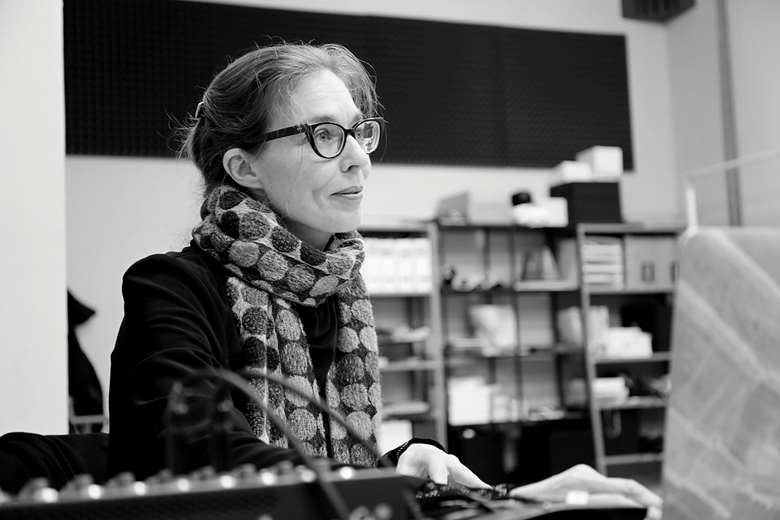Contemporary composer: Žibuoklė Martinaitytė
Richard Whitehouse
Friday, November 29, 2024
Richard Whitehouse hopes to hear more of this US-based Lithuanian composer’s absorbing music performed in the UK

Register now to continue reading
Thanks for exploring the Gramophone website. Sign up for a free account today to enjoy the following benefits:
- Free access to 3 subscriber-only articles per month
- Unlimited access to our news, podcasts and awards pages
- Free weekly email newsletter













